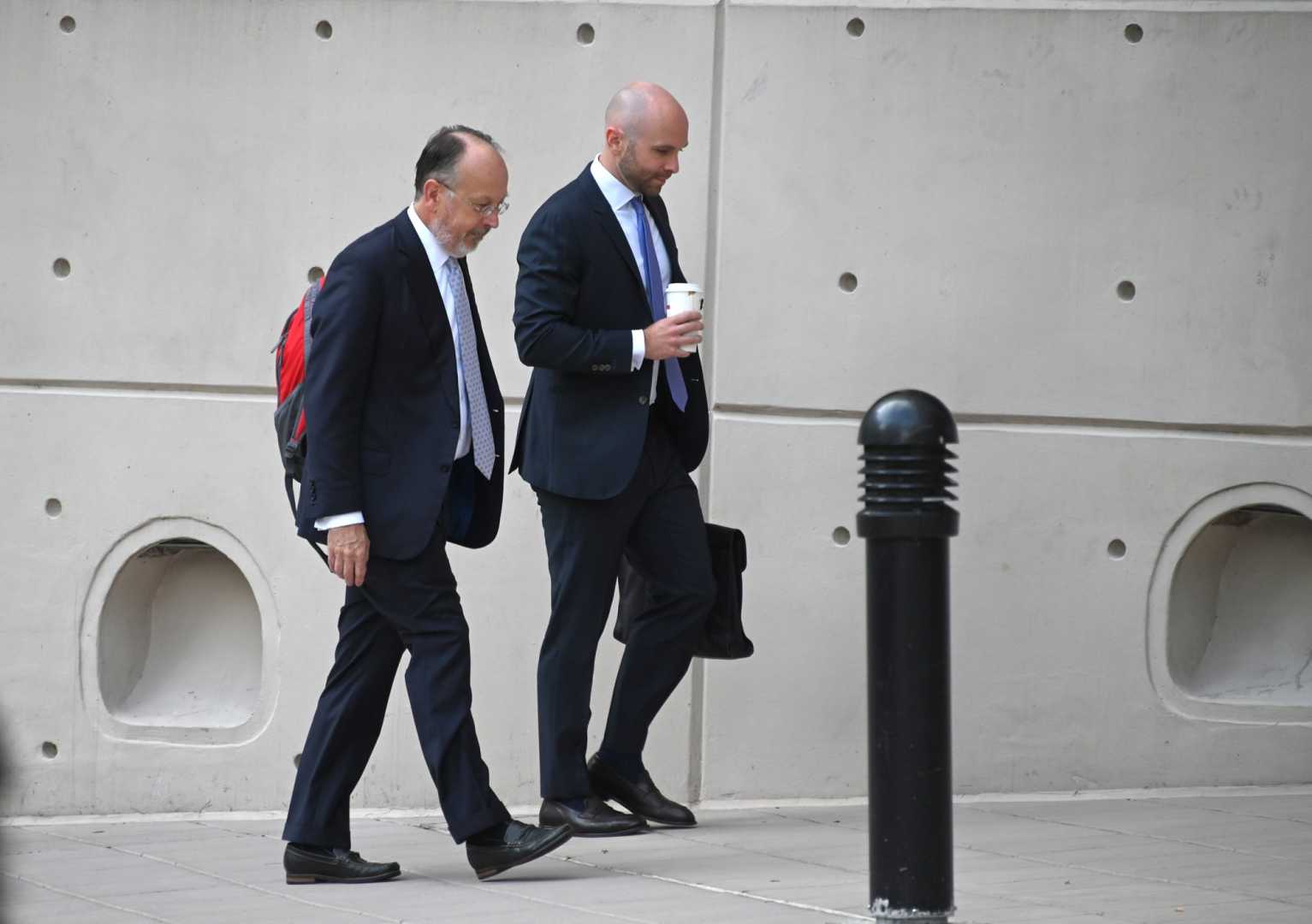Politics
Federal Program for Indigent Defendants Faces Major Funding Crisis

Washington, D.C. — The funding for a federal program that provides legal counsel to indigent defendants is in jeopardy, with significant repercussions for the justice system. The Criminal Justice Act (CJA) was established to ensure representation for those who cannot afford a lawyer in federal criminal cases, but it has faced a financial crisis due to funding shortfalls.
Federal Judge Myron Thompson, who participated in commemorating the act’s 60th anniversary in Baltimore last year, highlighted the importance of the CJA during his address. He stated, “I have had a front row seat to the implementation and evolution of the act,” emphasizing its status as “one of the most important pieces of legislation passed by Congress.”
However, the program ran out of money on July 3, leaving lawyers who are appointed to defend indigent clients uncompensated. Andy Birrell, president of the National Association of Criminal Defense Lawyers, expressed concern, saying, “It threatens to cripple the ability to provide effective public defense.”
The funding crisis comes as the federal defender system, which relies on over 12,000 private lawyers and defender organizations, faces increasing caseloads. Currently, federal defenders handle 60% of cases involving defendants without options, while CJA panel attorneys cover the remaining 40%.
The crisis is aggravated by a hiring freeze within federal defender’s offices, placing a heavier burden on the lawyers already engaged in these cases. With compensation for panel attorneys significantly less than market rates—$175 per hour for most cases—they are now faced with financial strain, which may discourage new lawyers from joining.
Court-appointed attorneys have reported having to take out loans or refuse assignments due to halted payments. “A lot of people do the work not necessarily for the money, but to help others,” said Ryan Villa, a criminal defense lawyer from New Mexico.
The interruption in funds has already affected court proceedings. For instance, attorneys in a drug case sought to postpone the trial, stating they needed further time to engage essential resources that were currently inaccessible due to funding issues.
In an alarming statement, the attorneys noted that the lack of funds is an “intentional act by the United States Congress to deprive the judiciary of necessary funds,” leading to potential violations of defendants’ rights.
Judge Cathy Seibel warned of the consequences, suggesting that dismissals of cases could occur if adequate legal representation cannot be provided. Meanwhile, the judiciary is seeking over $1.7 billion in additional funding to address current and anticipated needs.
Sen. Peter Welch of Vermont stressed the urgency of fully funding the program to uphold constitutional rights. He acknowledged, “Cuts to the federal public defender program threaten this obligation.”
The situation affects not only the wallets of defense attorneys but also impacts the broader justice system, which requires three components—prosecution, courts, and defense—to function effectively. According to Villa, failing to address the funding issue could create deeper systemic problems in delivering justice.












